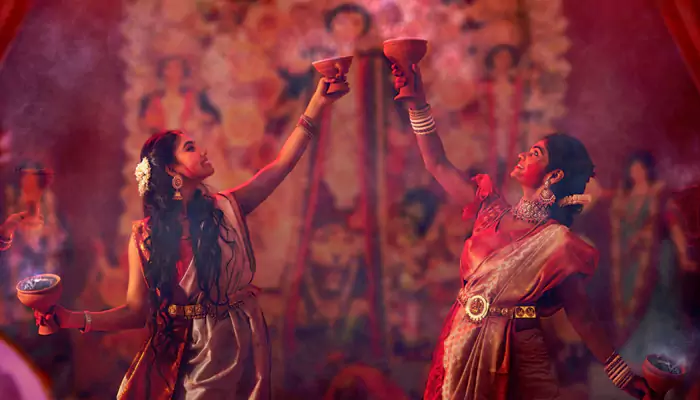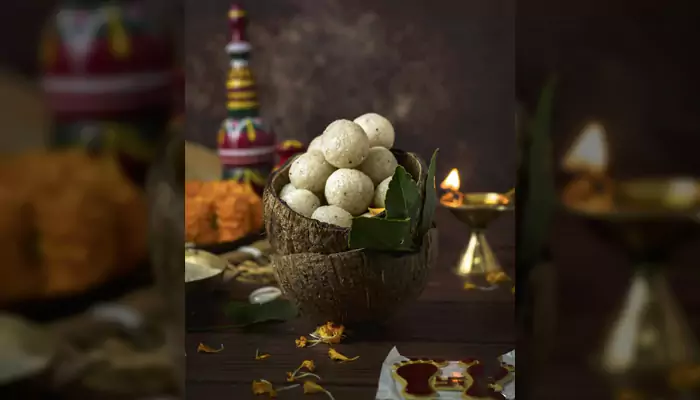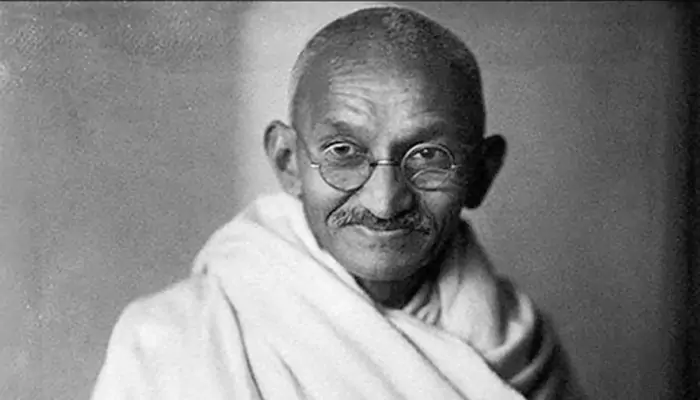Celebrating Pongal: Bhogi To Kanum Pongal - Know About The 4 Days Of The Festival
- Sayan Paul
- 11 months ago
- 4 minutes read

Pongal in South India coincides with Lohri in Punjab, Makar Sankranti in Eastern India, and Uttarayan in Gujarat.
More than anything else, Pongal brings with it a sense of renewal, providing us with a hope that everything is gonna be better. And of course, it's a festival of homecoming, where friends and families reunite and enjoy some happy time together. Whether it's decorating the house, cooking delicious meals, or taking part in the customs – there’s so much that one simply cannot get enough of it.

Celebrated as a harvest festival by Tamils, Pongal is undoubtedly one of the most cherished festivals in South India. It's dedicated to Suryadev and is an extravagant celebration of agriculture, which is the source of our livelihood.
#WATCH | Tamil Nadu: People were seen buying jaggery in Coimbatore ahead of the Pongal celebration pic.twitter.com/eyaMbgMnIV
— ANI (@ANI) January 13, 2025
(Credit: ANI)
The festival spans four days (January 14 to 17 this year) - each day having its own significance, and unique traditions. Amidst all the celebrations, let's take a moment and learn about the days in this article.
Bhogi
Bhogi is the first day of Pongal, which typically falls on the last day of the Tamil month of Marghazhi. The day symbolizes renewal and transformation, and hence people discard old belongings and embrace new possessions. Also, houses are cleaned and thoroughly decorated with rangoli, while doorways are decorated with fresh mango leaves. People gather (friends and families) to light a bonfire in a way to burn all the negativity.
A Very happy Lohri,
— PVRFashion (@fashion_pvr) January 13, 2025
Bhogi & Pongal wishes to everyone !!🙏🕉️ #BhogiFestival #Bhogi #Pongal #ChennaiRains #HappyLohri #BhogiPongal "पौष पूर्णिमा"#bhogi2025 #HappyLohri#एकता_का_महाकुम्भ#HappyLohri2025 pic.twitter.com/P6qvyTP6ls
(Credit: PVRFashion)
Traditionally, the day is dedicated to Lord Indra, showing him gratitude for providing us with timely and plentiful rains. Among the traditions, Kaappu kattu is a major one, which involves tying leaves of Azadirachta indica, Senna auriculata, and Aerva lanata on the roofs of houses.
Thai Pongal
Thai Pongal (also known as Surya Pongal) is the second day of the festival, which typically falls on the first day of the Tamil calendar month, Thai. Also, it marks the beginning of the Uttarayana, where the Sun enters the tenth house of the zodiac.
Dedicated to Surya or the Sun God, Thai Pongal is the most important day of Pongal. On this day, people worship Suryadev for providing sunlight, which is required for agriculture. Families and friends come together, wear new clothes, and prepare the traditional pongal (a sweet dish prepared with rice, jaggery, milk, ghee, and cardamom) in an earthen pot. A small amount of the dish is offered to the God on a turmeric leaf.

A major custom is when the Pongal starts to boil and overflow out of the vessel, people blow a conch or make sounds while chanting "Pongalo Pongal".

Mattu Pongal
Mattu Pongal - the third day of the festival - is dedicated to honoring the cattle (especially cows and bulls) who play major roles in farming and agriculture. On this day, the cattle are bathed, decorated with flower garlands, and treated with special delicacies. Some are decorated with turmeric water, with shikakai and kumkuma applied to their foreheads. In some regions, traditional sports (like Jallikattu) are held, which showcase the unprecedented strengths of these majestic animals.

An important part of the day is visiting nearby temples and performing various rituals together. Also, Kanu Pidi is another tradition where women place a leaf of turmeric plant outside their home, and feed various dishes (especially Pongal) to the birds. On the other hand, brothers give gifts to their sisters.
Kanum Pongal
Kanum Pongal - the fourth day - is observed only in certain regions of Tamil Nadu. The word 'kanum' means "to visit" in Tamil language, and hence the day is all about visiting friends or relatives and celebrating the festival together. Social events like feasts, cultural performances, and others are organized.

On this day, young people pay respect to their elders, while the elders give gifts (with blessings) to the younger ones. Some people perform rituals to honor their ancestors. On the other hand, children spend it by playing traditional sports like kabaddi, cockfighting, and tug of war.
Well, the festival is essentially focused on the second day, with all the customs and rituals. The other three days are more about relaxation, and socializing with others.

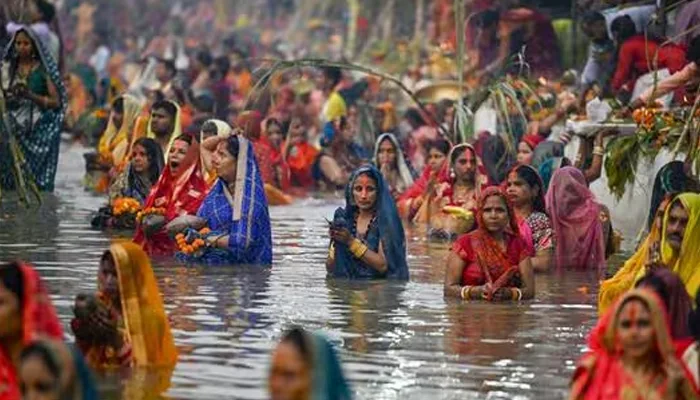
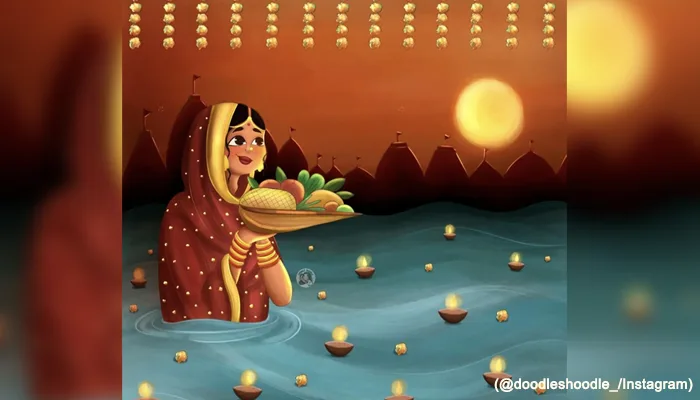
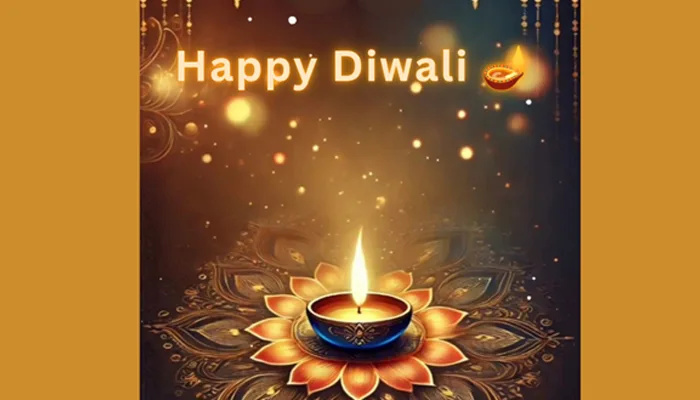
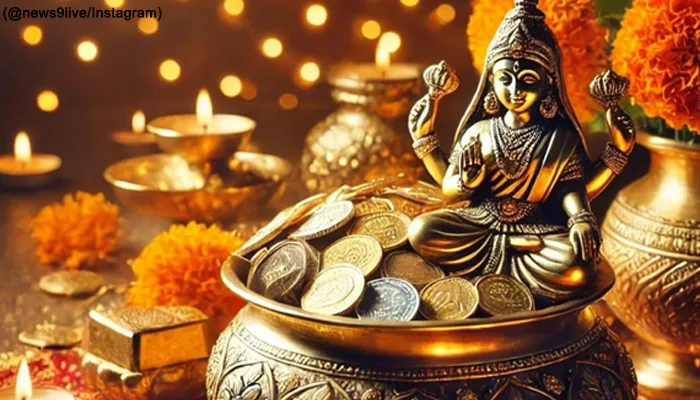
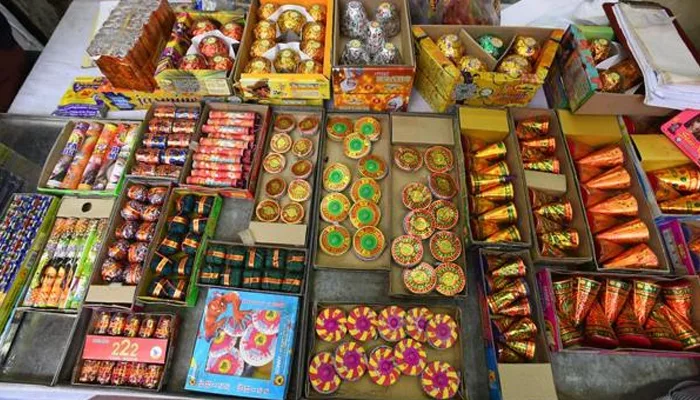
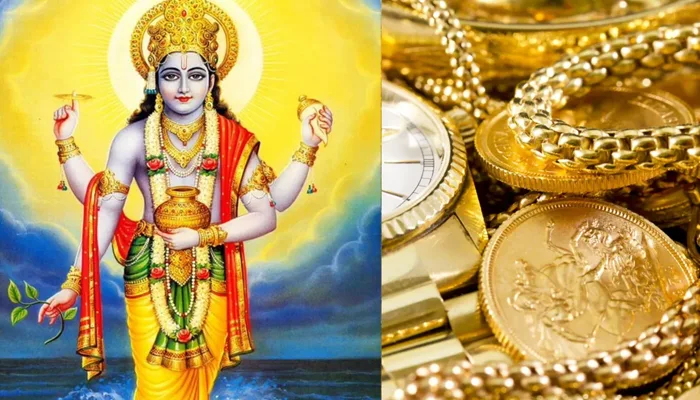
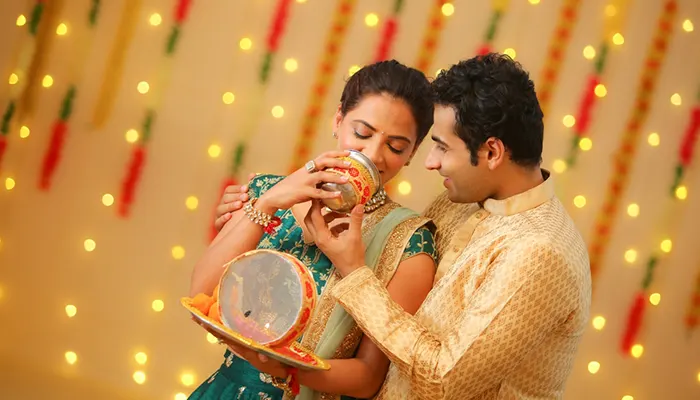
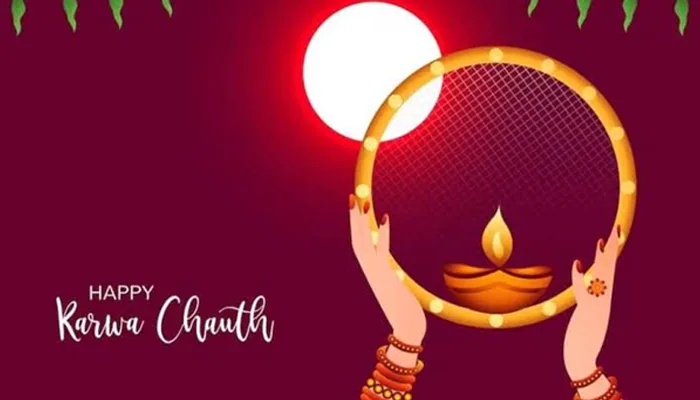
.webp)
